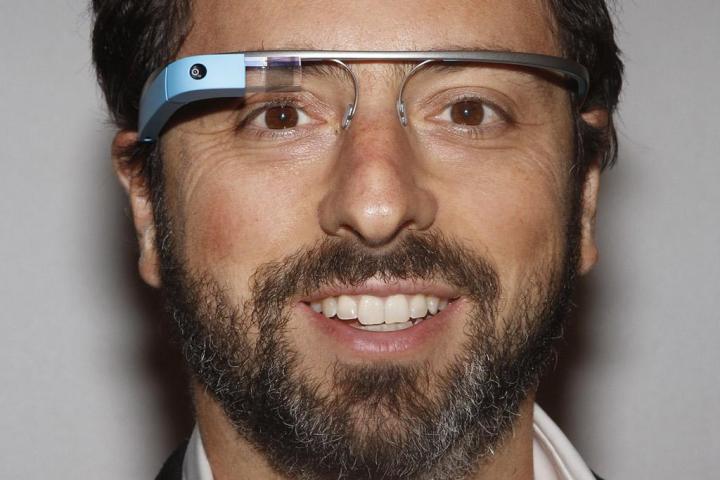
Eager to prevent negative publicity surrounding its Glass gadget snowballing out of control and damaging the perception of the device for good, Google has taken to its Google+ page with a post aimed at dispelling the “top 10 myths” surrounding its yet-to-launch face-based device.
“Myths can be fun, but they can also be confusing or unsettling,” the Web giant says in the post. “If spoken enough, they can morph into something that resembles fact.”
It says that in its Glass’s short life, “Glass has seen some myths develop around it. While we’re flattered by the attention, we thought it might make sense to tackle them, just to clear the air.”
It hits back at the suggestion that “Glass is the ultimate distraction from the real world,” arguing that while a smartphone takes your eyes away from what’s happening around you, Glass actually “allows you to look up and engage with the world.”
It says that contrary to popular belief, Glass is not always on and recording everything, explaining that “just like your cell phone, the Glass screen is off by default,” and that recording on Glass is set to last 10 seconds.
“People can record for longer, but Glass isn’t designed for or even capable of always-on recording (the battery won’t last longer than 45 minutes before it needs to be charged),” the Mountain View company says.
It attacks the notion that “Glass Explorers are technology-worshipping geeks,” saying that its team of beta testers “come from all walks of life…..the one thing they have in common is that they see the potential for people to use technology in a way that helps them engage more with the world around them, rather than distract them from it.”
Not ready yet
Number four on the list notes that Glass isn’t ready for prime time just yet, though there’s no hint as to when it might get a commercial release. Hopefully the company will have some news on that front at its I/O bash in June.
With privacy a common concern among many critical of Glass, Google is keen to put to bed the idea that “Glass does facial recognition (and other dodgy things).”
The company explains, “As we’ve said before, regardless of technological feasibility, we made the decision based on feedback not to release or even distribute facial recognition Glassware unless we could properly address the many issues raised by that kind of feature.”
Continuing with the subject of privacy, Google knocks down the idea that Glass is “the perfect surveillance device,” claiming that “if someone wants to secretly record you, there are much, much better cameras out there than one you wear conspicuously on your face and that lights up every time you give a voice command, or press a button.”
Myth 9 is “Glass is banned…..EVERYWHERE.” Google says “folks have been pretty good at creating etiquette” with cell phones and that the same rules apply to Glass.
While Google’s myth-busting post may help some observers to better understand what Glass is all about, it’s clear the jury is still out on its high-tech specs. What do you make of its attempt to debunk the myths?
Editors' Recommendations
- The 10 most important things to know about the Google Pixel 8a
- There’s a problem with these 10 Google Pixel 8 features
- Google I/O 2023 is happening on May 10 with an in-person event
- Google Pixel 7: how to take a screenshot and record your screen
- How to watch Google’s Pixel 7 and Pixel Watch event: Live today at 10 a.m. ET


